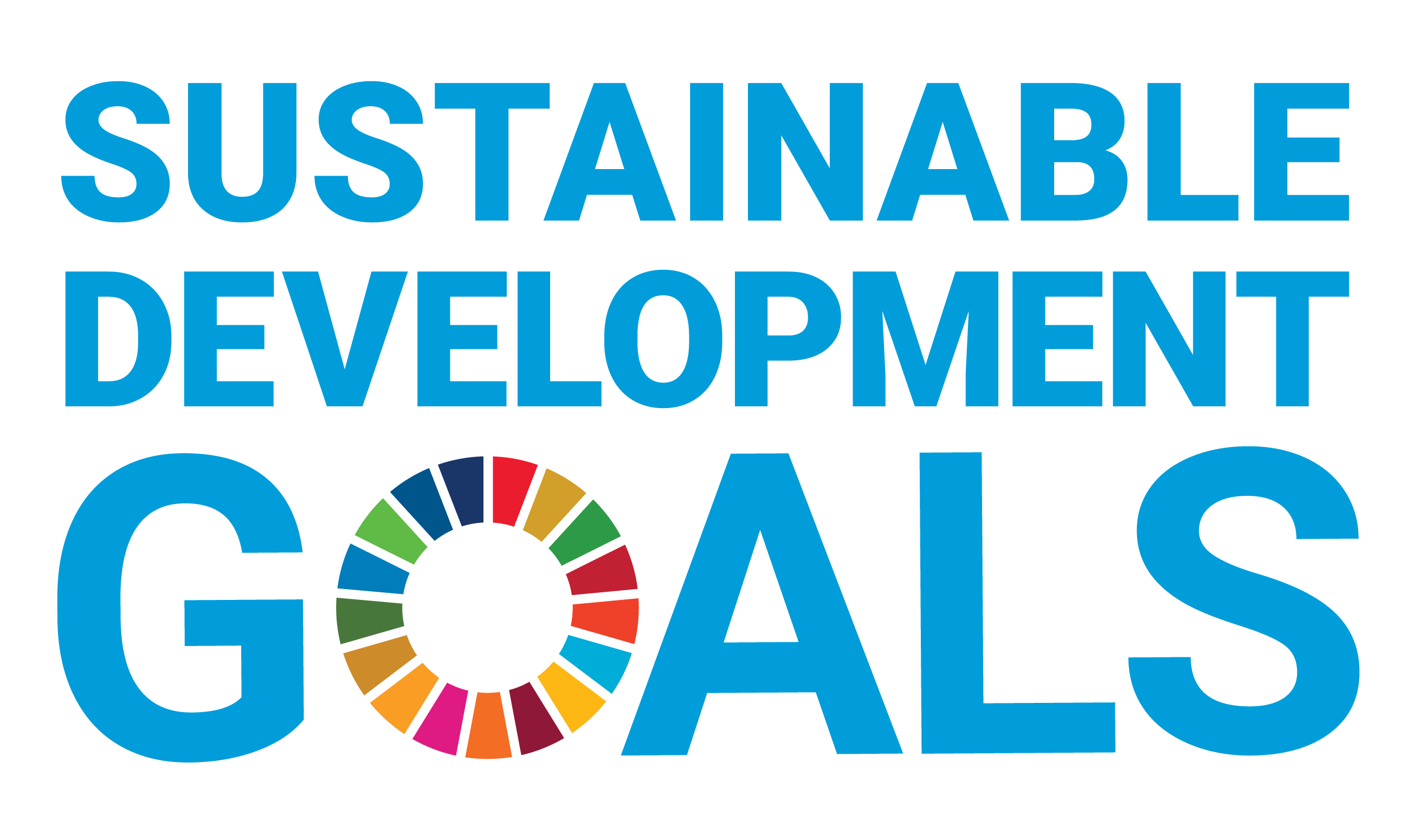Document Type
Article
Publication Date
3-2023
Abstract
Plastic pollution is a global environmental crisis that poses a huge threat to the health of people and marine ecosystems worldwide. A significant source of plastic pollution is menstrual hygiene management, and an approach that can help address this crisis is the usage of washable and reusable menstrual cups. Using an extended theory of planned behavior model that includes self-identity and perceived quality, the study predicted intentions to use menstrual cups in the Philippines. Structural equation modeling results showed that perceived quality predicted attitudes towards menstrual cup usage. Moreover, attitudes, perceived behavioral control, and self-identity predicted intentions to use menstrual cups. There were also some differences in the factors and predictors of intentions between non-users and regular users of menstrual cups. Among regular users, perceived behavioral control did not predict intentions. These findings provide empirical support for the extended model, and provides insights for governments, non-government organizations, and corporations in promoting the usage of menstrual cups to address the global plastic pollution crisis.
Recommended Citation
Valentin, A.P.M. & Hechanova, M.R.M. (2023). Addressing plastic pollution through green consumption: Predicting intentions to use menstrual cups in the Philippines. Journal of Retailing and Consumer Services, 71, 103204. https://doi.org/10.1016/j.jretconser.2022.103204



